Running with Swee by Dr Tan Swee Kheng
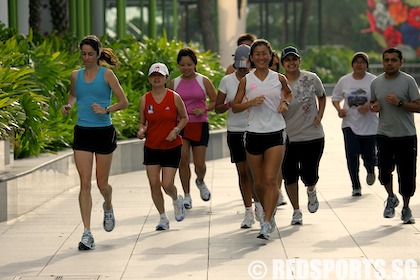
Since I started taking up running as a sport a few years ago, it never fails to amaze me to hear what people – ranging from experienced to novice runners – say.
"You must run everyday to train for the marathon!"
"What is your weekly mileage? 100 to 120km?"
"Do you run every day?"
There seems to be a preoccupation with the amount of running one engages in, implying a perception that more is better.
That’s not the case. More does not always mean better! Let me share with you my usual responses to these questions.
"What is your weekly mileage? 100 to 120km?"
Usually, not more than 30km a week. Even my toughest training week prior to the marathon would only be 50-60km. And that only happens once during a training season.
"Do you run every day?"
No, I don't run every day. I only run three times a week to train for a marathon.
I am not saying that running every day or chalking up 120km a week is bad or wrong. However, if you lead a busy lifestyle you may not have the luxury of time to train and rest sufficiently. Hence, the quality of your training is more important.
From my personal perspective, quality refers to two aspects: purpose and effort.
Continuous Training
Run continuously without any rest intervals which can be of high continuous intensity of moderate duration or low continuous intensity of prolonged duration (mileage/distance or duration).
Interval Training
This comprises of short to moderate periods of work alternated with short to moderate periods of rest or reduced activity. This is to help increase your training intensity to improve your cardiovascular systems.
Fartlek Training
A combination of continuous and interval training where the pace is varied from high to slow speed with no specified structure. The pace is based on mainly on feeling and is sometimes used to break the monotony of continuous running.
The second aspect of quality is effort. When training, you are able to give your 100% effort. To be training at 100% effort, your body systems or specific muscles you are training are not fatigued from your previous training session. Thus, sufficient rest is important. This isn’t always possible, and that’s why it is recommended by some to train on alternate days.
At the end of the day, it is not how much or how often you run. It is really about making each of your run sessions count. No sense running yourself to the ground day in and day out. One can argue that "No pain, No gain!" Though it may be true, but we do not need to be masochistic to run a good race. Being sensible is key!
Running with you! ~ Swee
Favorite quotes for the week:
“What we think or what we believe is, in the end, of little consequence. The only thing of consequence is what we do.” ~ John Ruskin
“Greatness lies not in being strong, but in the right use of strength.” ~ Henry Ward Beecher
Dr Tan Swee Kheng is a kinesiologist and movement specialist. She obtained her Doctorate of Philosophy in Kinesiology from Michigan State University, USA. Currently, Dr Tan conducts an exclusive running program just for women – The First Stride, designed to demystify training processes to help women achieve their running potential. Recently, adidas has partnered with Dr Tan to offer free running sessions to women via the adidas Women's Run initiative.
Dr Tan was formerly a national hockey player who started playing hockey at the age of 8. She was part of the team that won the first and to date only gold medal for Singapore Women's Hockey during the 1993 South East Asian Games. Dr Tan retired from hockey in 1999 to further her studies in the USA.
Today, Dr Tan still maintains her competitiveness in sporting events such as marathons, biathlons, and triathlons. She has run several local and overseas marathons including the 2002 Boston Marathon in Massachusetts, USA, and has taken part in several local biathlons and triathlons. Dr Tan is also a one-time Ironman finisher.



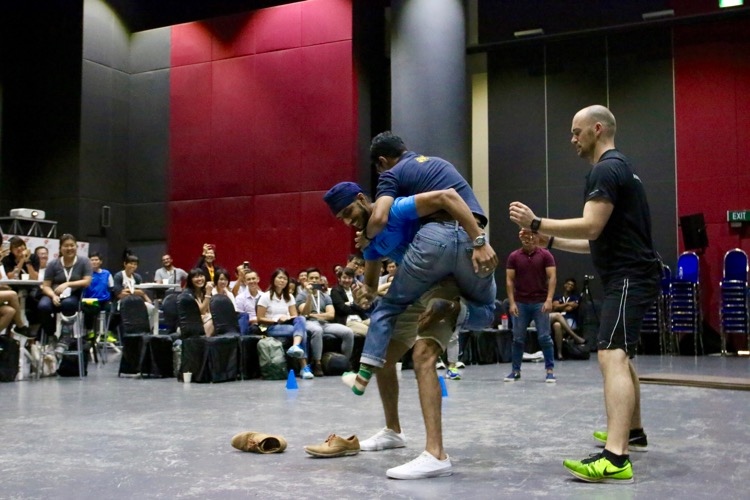

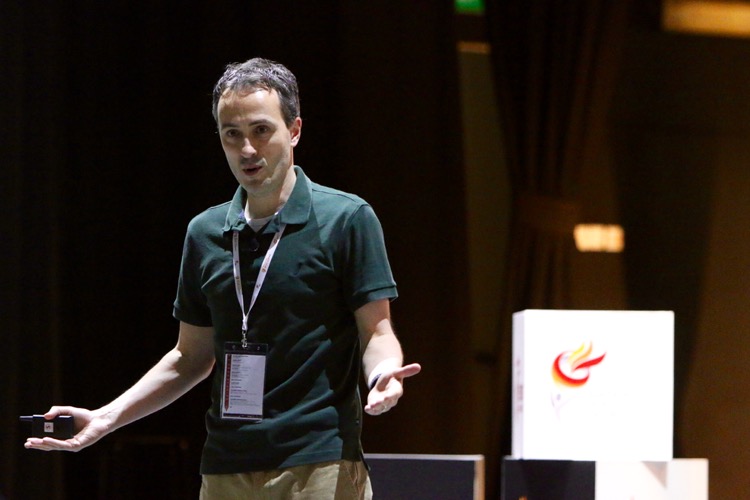
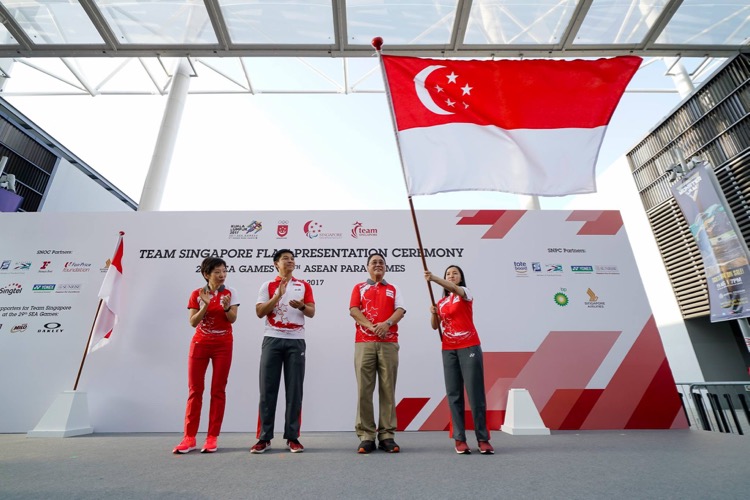


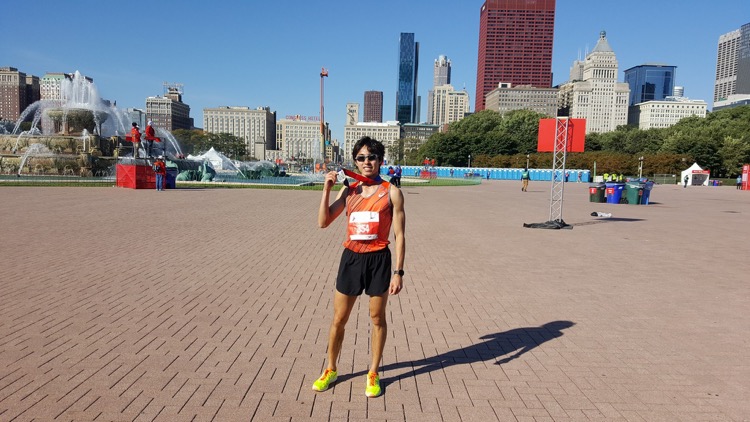

Leave A Comment